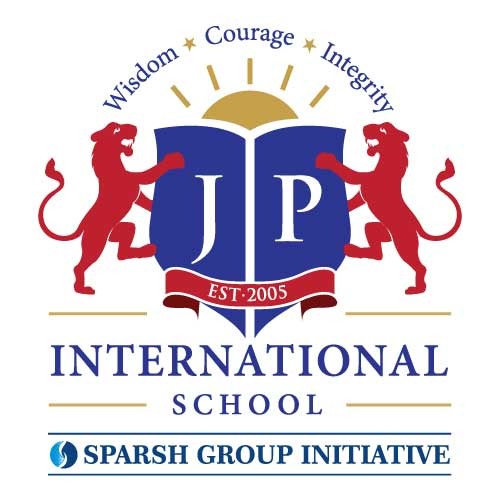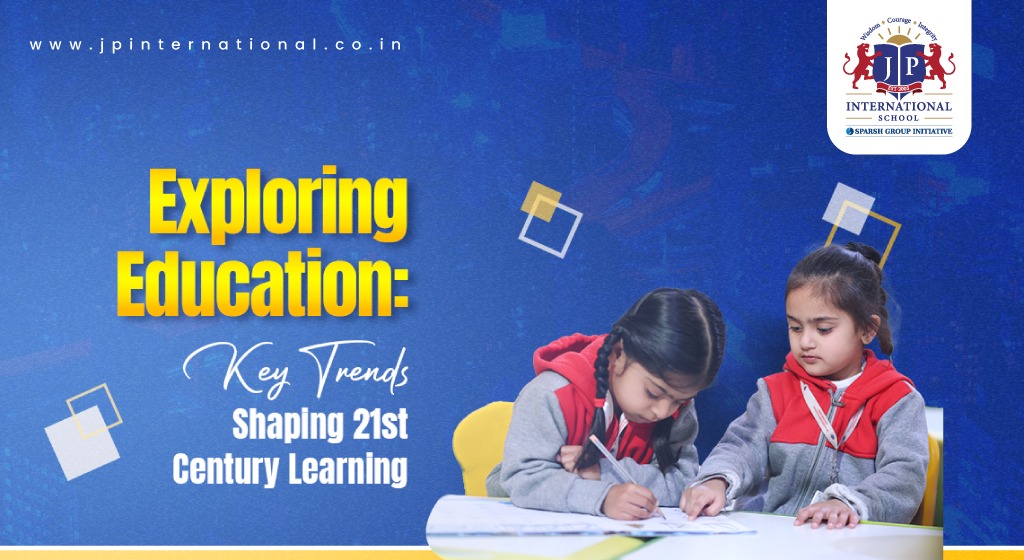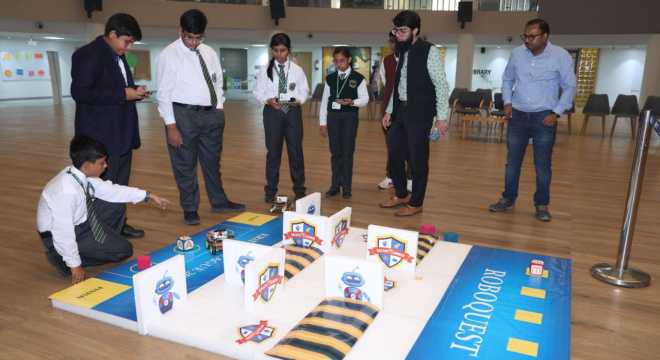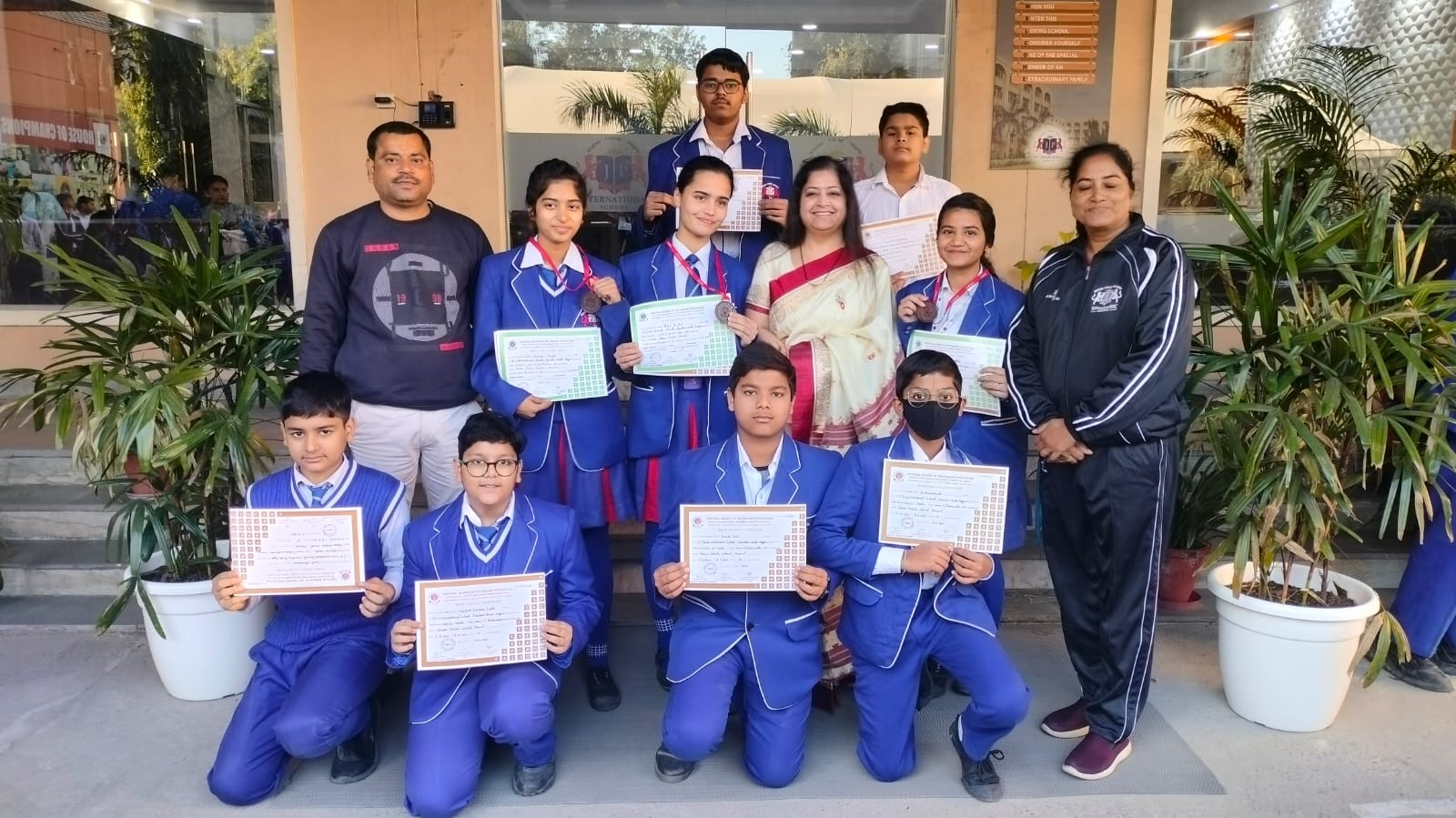

T:+91 7669-933-404
Email: [email protected]
Plot 3A, Sector Omega 1, Near Pari Chowk, Greater Noida, GB Nagar, Pin Code 201308


T:+91 7669-933-404
Email: [email protected]
Plot 3A, Sector Omega 1, Near Pari Chowk, Greater Noida, GB Nagar, Pin Code 201308

Over the past decades, the landscape of education has undergone a paradigm shift. Modern educational standards now surpass textbook learning alone because success evaluation no longer depends only on examination results. At this point, essential 21st-century competencies take on their most vital role. Valuable life skills prepare students not just for academic success, but for life in this rapidly evolving global environment.
Several key competencies, including critical thinking, creativity, digital literacy, adaptability and emotional intelligence, now surpass rote memorisation and passive learning in terms of relevance. Educational institutions need to lead a fundamental transformation that will enable them to remain impactful and relevant, moving forward.
The 21st-century classroom features major transformations that result from moving past blackboards toward digital screen use and transforming passive lessons into interactive student-focused learning.

1. Smart Campus:
The smart campus concept continues to expand rapidly, as it aims to completely redesign traditional teaching methods. The union of 3D tools and cloud-based platforms, combined with high-grade multimedia resources, enables the development of interactive virtual classrooms that leverage current technologies. Complete transformation has taken hold of traditional classrooms.
2. Personalised Learning:
Tailoring the curriculum to suit individual student needs is at the heart of personalised learning. Through adaptive learning platforms, students can engage with content at their own pace, focusing more on areas they find challenging. The educational method allows students to develop their own learning practices and it structures well to different students' learning needs which creates an inclusive teaching space.
3. Virtual Learning:
Education underwent a digital disruption because of the COVID-19 pandemic which altered traditional teaching methods. Virtual learning provides access to endless resources and mentors. The combination of traditional teaching approaches with digital platforms forms the basis of hybrid education.
4. AI Integration:
Artificial Intelligence transforms educational institutions through its power to generate performance-based data analytics. These tools enable school educators to monitor student achievements, tailor their curriculum and eliminate human prejudice during grading assessments. The systems use real-time feedback to help educators deliver timely interventions, thus supporting students in achieving their maximum academic outcomes.
5. Concept-Based Learning:
Interactive tools are used extensively for deeper comprehension of subjects. Essential skills like critical thinking lie at the root of concept-based learning. These foster strong fundamental skills that help students solve real-world challenges creatively.
6. Genius Hour:
The daily one-hour Genius Hour programme empowers students to develop independent thinking and innovation skills by exploring topics they find personally interesting. Through various activities, including science experiments, writing stories and game development, students develop a lasting passion for learning and self-expression.
7. Bite-Sized Learning:
Learning materials are broken down into small, focused modules because students exhibit varying attention spans, particularly in remote learning contexts. The short learning segments make information easy to understand and remember, making them suitable for fast-paced knowledge reinforcement.
8. AR/VR/MR Integration:
Students now utilise Augmented Reality (AR), Virtual Reality (VR) and Mixed Reality (MR) tools to explore environments that enable them to virtually experience a wide range of topics, from ancient civilisations to scientific processes; these even help in conducting virtual dissections of organisms. These educational tools enhance student learning through experiential methods, enabling real-time, dynamic engagement.
9. Gamification:
There is an emergence of gamification in the education sector around the world. Studies show that using elements of game design improves the level of activity and interest of students. This fresh method transforms the most uninteresting courses into fun, compelling activities which students enjoy; studies have shown that they actually get to learn more and retain the knowledge longer. Gamification empowers students to be prepared for a tech-dependent future, while making the process of learning enjoyable.
10. AI-Powered Assessments:
AI technology provides better operational effectiveness to assessments through its application. Teachers apply AI-based assessment tools to review assessments and distribute results by using these systems. The tools generate analysis reports and remove all human mistakes from assessments. AI assessment tools facilitate permanent education by delivering performance-related feedback.
JP International School takes the lead among institutions by accepting these revolutionary transformations. JP International School makes students future-ready by imparting 21st century skills through the implementation of smart technology and personalised learning, together with innovative teaching methods. Education today needs to drive transformation and grant people with power for effective future leadership.
The world is evolving rapidly, with technological advancements continuously reshaping industries and job markets. To prepare students for the future, schools must adopt 21st-century educational trends that promote critical thinking, creativity, digital literacy and adaptability. These trends help ensure that students are not only academically competent but also equipped with the practical skills necessary to succeed in a rapidly changing, technology-driven world.
- JP International School7 June 2025
When schools use these skills in regular lessons, students will be better prepared to face the ch...
31 May 2025
Education in institutions such as JP International School is about academics and creating well-ro...
24 May 2025
The 2025 CBSE results have reinforced JP International School’s position as a beacon of academi...
17 May 2025
Parents can help their children develop problem-solving abilities by incorporating them into thei...
10 May 2025
The educational approach at nursery level develops children comprehensively. Emotional growth, ph...
 28 November 2024
28 November 2024
.jpg) 27 November 2024
27 November 2024
 8 December 2022
8 December 2022
